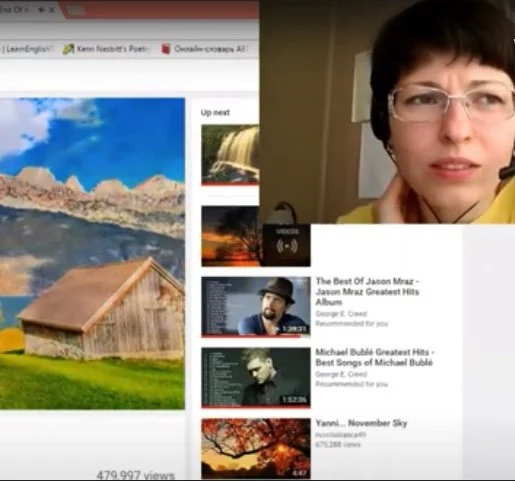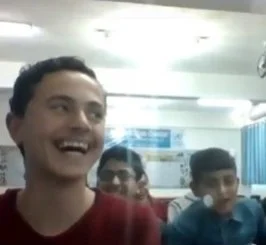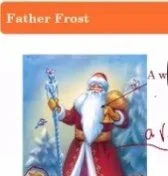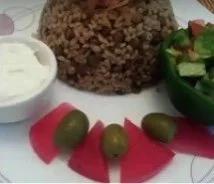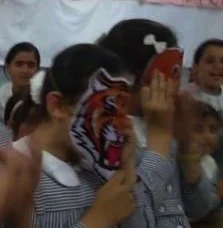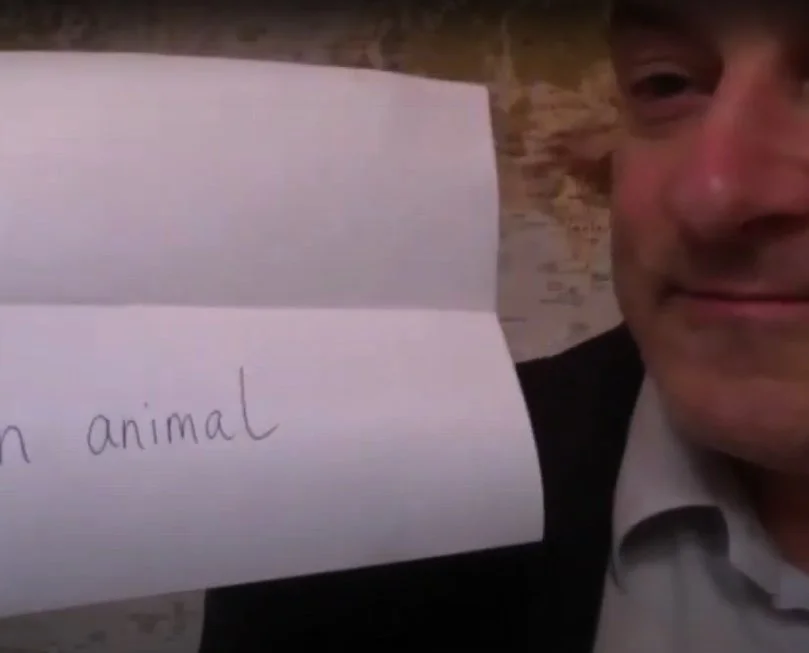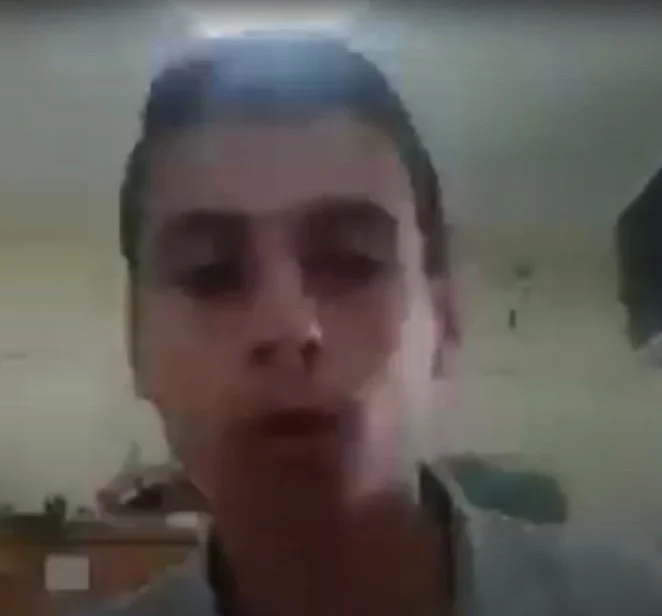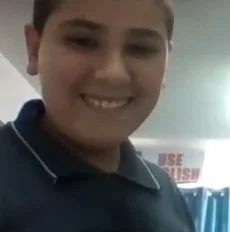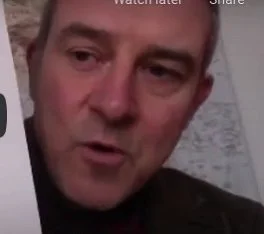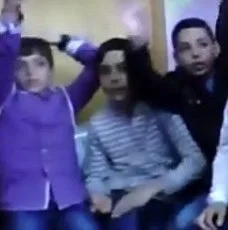Here's a post by Sahar Salha in Gaza and Alex Guzik in Russia, which shows the wonderful way that teachers are working together to produce very effective classes for children through the Hands Up Project.
Read MoreThe other day I found myself suddenly having to cover an online session in Gaza because I'd forgotten that one of our volunteers wasn't able to make it. I didn't have any specific plans so I began by asking the boys what they would like to do in the session
Read MoreI've always been very keen on information gap activities; the kind of thing where students work in pairs and where one student has one set of information and the other student has a different set and they have to communicate to somehow pool what they know. The classic example of this is 'Spot the differences'.
Read MoreA few years ago I attended a really interesting talk by Jane Willis at an IATEFL conference somewhere. The talk was about using task based learning in challenging circumstances, and there was a point when one of the teachers in the audience was telling everyone about her particular challenge of trying to get learners to use English (rather than mother tongue) to do group work tasks in the large classes of low level learners that she taught.
Read MoreThe difference between theatre and classroom drama is that in theatre everything is contrived so that the audience gets the kicks. In the classroom, the participants get the kicks.'So how can second language learners benefit from performing in a play?
Read MoreA while back I saw a pretty impressive video on youtube and since then the images from it keep filling my head. It begins with a camera shot from space showing earth as a distant object and then gradually moves closer and closer, zooming in on the world, the continent of Europe, the UK, London and then, eventually streets, houses and finally people become visible.
Read MoreA few weeks ago I was one of the speakers at the IATEFL Pre-conference event organised collaboratively by the C Group and the Global issues special interest group. Towards the end of the day we were given a talk by Julie Pratten about her project Heart ELT which has set up a school in a refugee camp in Iraq. At the beginning Julie gave us all a blank postcard and told us that we would be doing something with it later. As she approached the end of her talk she asked us to use the postcard to write a message to the children in the camp.
Read MoreMost of the Hands Up Project's work is with younger learners in Gaza but I also have a group of teenage boys who live in a village near Ramallah with whom I do a weekly session. In the beginning I found it difficult to organise online classes that really addressed this group's needs, but, in consultation with their teacher Atiyyeh, a way of working has emerged which seems to be much more useful.
Read MoreDrilling is often criticised for being an old fashioned, teacher controlled activity with minimal cognitive challenge for learners. But the central idea behind it – that of pushing learners to process and reproduce a stretch of spoken language after a model from a more advanced speaker - can, in my opinion, be a very useful component of good teaching.
Read MoreEndings are tricky for me. When I get to the end of telling a story, I can feel quite uncomfortable, and I'm never really sure whether to just pause, or to say something like 'And that's the end of the story' or 'And they all lived happily ever after'.When we're using stories for language teaching (or indeed for any other purpose) that could be all that is necessary of course; we could just leave the story to do its work on its own.
Read MoreTwo weeks ago I wrote a post called 'The Game of Jewels' about the strength of activities like Kim's Game, which emphasise the importance of noticing and retrieval. I said that most of my favourite things to do in class are really just adaptations of Kim's Game so, as promised, here's a version which uses the same principles, but which is more suited to teenage learners.
Read MoreI love doing activities in class where children feel enthusiastic about contributing. The kind of thing where they've all got their hands up, shouting out 'Ana..Ana.. Ana!' (Me ...me...me). One such activity is 'The game of jewels' as it was referred to in Kipling's novel, or 'Kim's Game' as it has come to be known in the field of ELT.
Read More
